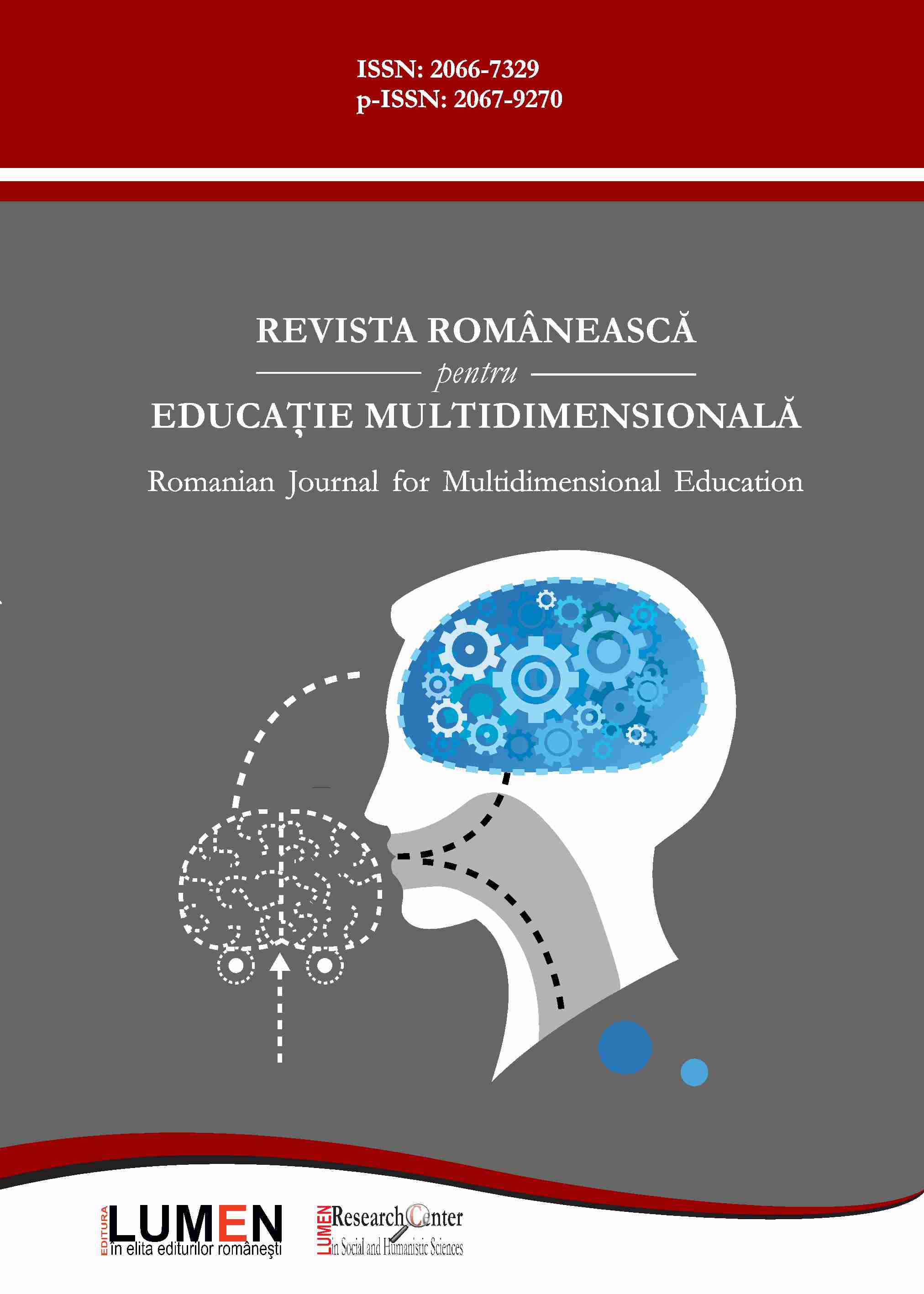Identity of Social Workers Working with Immigrants with an International Protection in Slovakia
Identity of Social Workers Working with Immigrants with an International Protection in Slovakia
Author(s): Dusan LEGERSKY, Katarina Levicka, Martina ZakovaSubject(s): Social Sciences
Published by: Editura Lumen, Asociatia Lumen
Keywords: Social work; Social workers; Slovakia; Immigrants; Identity
Summary/Abstract: Migration is an issue that concerns every country in the world. Slovakia, for a longer period of time, was a country whose people were leaving, mainly due to political persecution and lack of freedom of religion. After the change of political regime and the establishment of the Slovak Republic, that since 1993, Slovakia ranks among the countries to which inhabitants of other countries are coming and are looking for a new home, a new job or protection from persecution. In 1993 the first refugee camp was established in Slovakia and successively also other camps were opened. With the arrival of refugees to Slovakia social workers has begun to work with these clients. This paper focuses more on the immigrants who do not come to Slovakia voluntarily, i.e. refugees. In this paper, when we write about immigrants we think with persons granted asylum and also with persons with a subsidiary protection status. The aim of the study was to explore how social workers perceive themselves as workers with immigrants with international protection. In Slovakia, social workers working with these clientele are social workers who work for one of two nongovernmental organizations. We particularly focused on their professional identity, what is formed by the profession of social work. Another part of our interest was social workers’ motivation to work in this field of social work. Qualitative research strategy was used. Semi-structured interviews with social workers working with immigrants were conducted. All of the participants were graduated in social work, with at least a bachelor degree. Most of the Slovak social workers from this field took part in this research. The data were analyzed using the program Atlas.Ti. Findings describe how social workers working with immigrants identify themselves, what they consider the core of their profession and how this differs from other social work fields. This paper was prepared as a part of the project The Identity of Social Work in the Context of Slovakia [APVV-0524-12] funded by the Slovak Research and Development Agency.
Journal: Revista Românească pentru Educaţie Multidimensională
- Issue Year: VII/2015
- Issue No: 1
- Page Range: 91-104
- Page Count: 14

